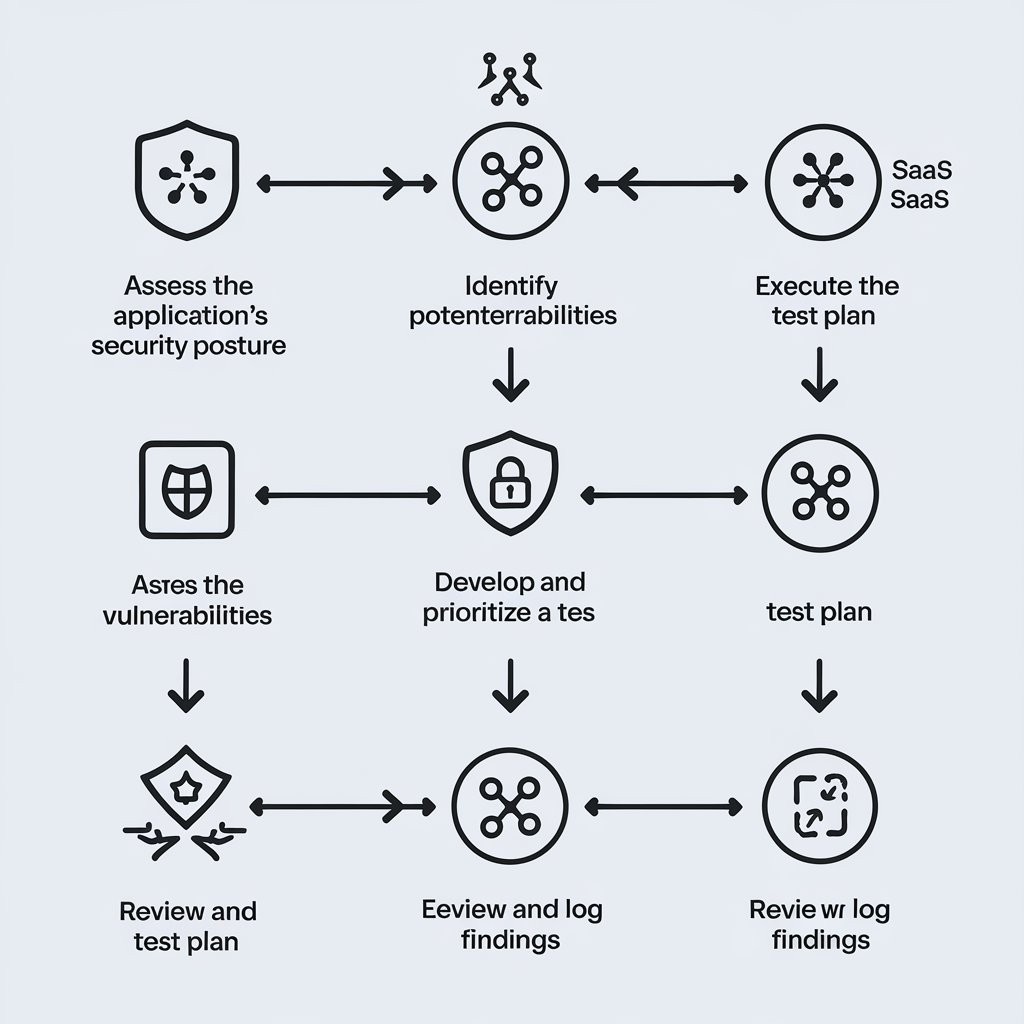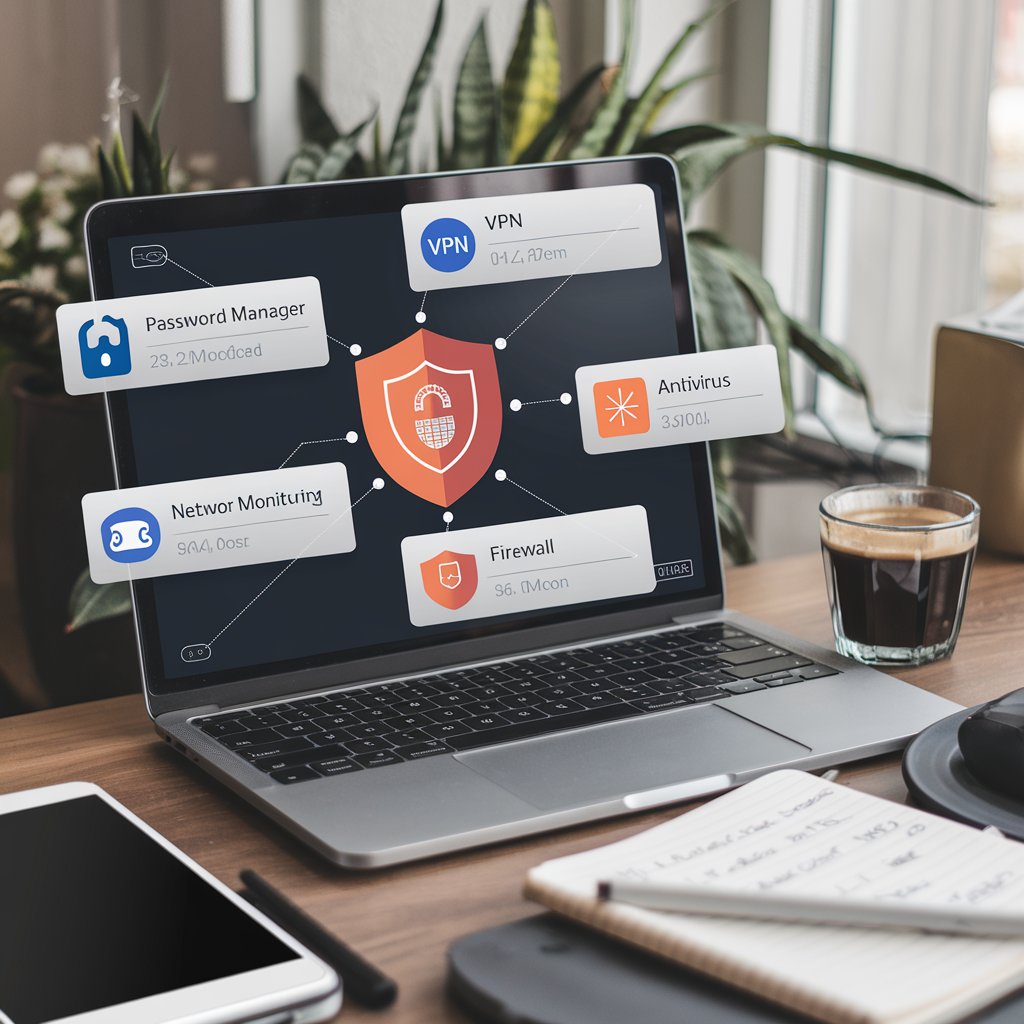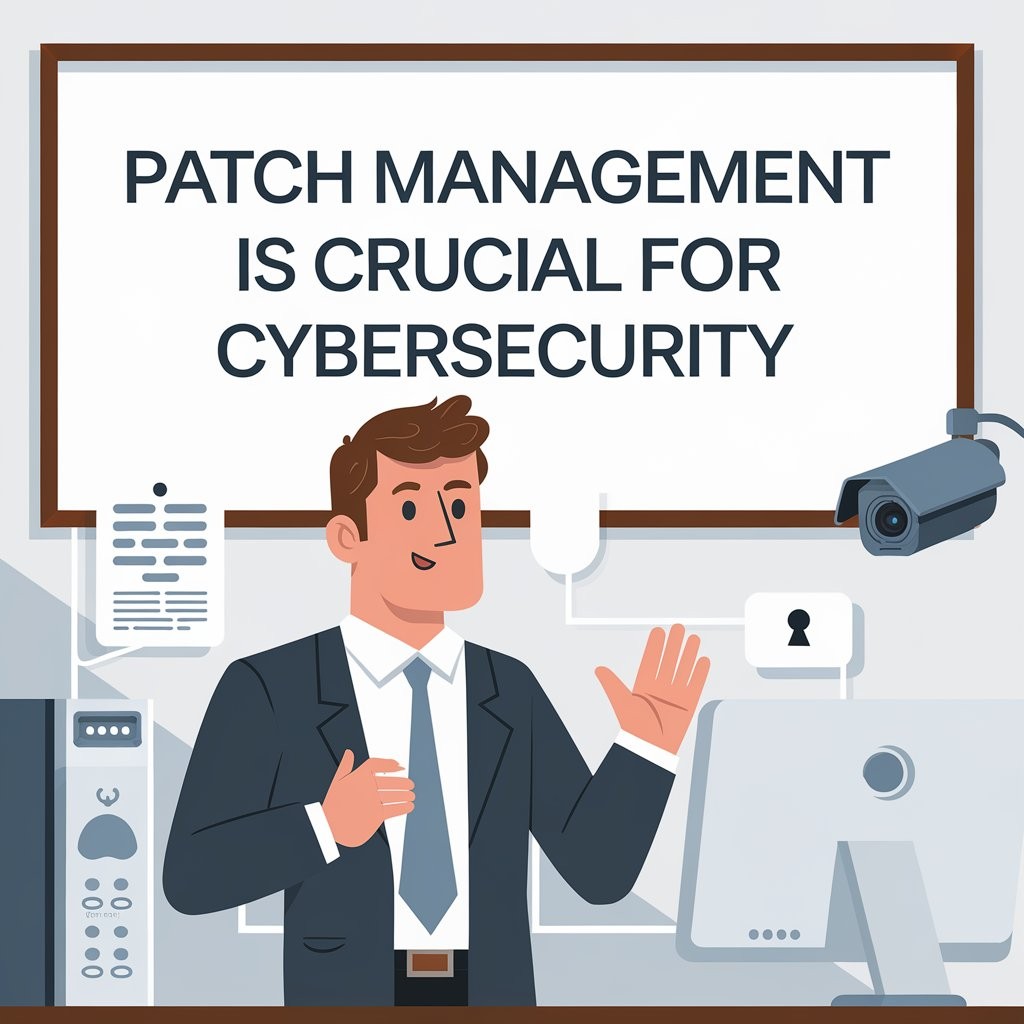UA
5 Min Read
Why Retail is a Prime Target for Cyberattacks
Retailers are attractive targets for cybercriminals for several reasons:
Large Volumes of Sensitive Data: Retailers collect and store vast amounts of personal and financial data, including credit card information, customer addresses, and purchase histories.
High Transaction Volumes: The sheer number of daily transactions makes retail a valuable target for cybercriminals looking to intercept payment data.
Complex Supply Chains: Retailers often rely on complex supply chains involving numerous third-party vendors, creating multiple points of potential vulnerability.
Diverse Technology Ecosystems: Retailers use a wide variety of technology systems, including point-of-sale (POS) systems, e-commerce platforms, mobile apps, and loyalty programs, which can be difficult to secure.
Evolving Threats: The cybersecurity threat landscape is constantly changing, with new attack methods and vulnerabilities emerging regularly.
Brand Reputation: A successful cyberattack can severely damage a retailer's reputation and erode customer trust.
Key Cybersecurity Challenges in Retail
Here are some of the most pressing cybersecurity challenges facing the retail industry:
Point-of-Sale (POS) System Vulnerabilities:
The Challenge: POS systems are often targeted by malware designed to steal credit card information. These systems may not always be well-secured or frequently patched.
Mitigation:
Implement strong password policies for POS systems.
Regularly patch and update POS software.
Use point-to-point encryption (P2PE) to protect payment data in transit.
Implement network segmentation to isolate POS systems from other networks.
Conduct regular security audits of POS systems.
E-commerce Platform Security:
The Challenge: E-commerce platforms are vulnerable to various attacks, including SQL injection, cross-site scripting (XSS), and denial-of-service (DDoS) attacks.
Mitigation:
Use secure coding practices and frameworks.
Regularly scan for web application vulnerabilities.
Implement a Web Application Firewall (WAF).
Use a Content Delivery Network (CDN) to mitigate DDoS attacks.
Ensure that payment gateways are PCI DSS compliant.
Customer Data Protection:
The Challenge: Protecting customer data against breaches and unauthorized access.
Mitigation:
Implement data encryption for data in transit and at rest.
Minimize the amount of customer data collected and stored.
Use strong authentication methods, including multi-factor authentication (MFA).
Implement strict access controls to limit access to sensitive data.
Comply with data protection regulations (e.g., GDPR, CCPA).
Supply Chain Risks:
The Challenge: Ensuring that third-party vendors and partners adhere to adequate security standards.
Mitigation:
Conduct thorough risk assessments of all third-party vendors.
Include security requirements in contracts with vendors.
Implement a vendor risk management program.
Monitor third-party access to your systems and data.
Mobile Application Security:
The Challenge: Securing mobile apps used by customers, which are vulnerable to malware, data theft, and other mobile-specific threats.
Mitigation:
Develop apps using secure coding practices.
Regularly update mobile applications to patch vulnerabilities.
Implement encryption for data transmitted through mobile apps.
Use mobile application management (MAM) solutions for employee devices.
Insider Threats:
The Challenge: Preventing data breaches caused by malicious or negligent employees.
Mitigation:
Implement background checks on new hires.
Provide security awareness training for all employees.
Implement strict access controls based on the principle of least privilege.
Monitor employee behavior for signs of malicious activity.
Implement a data loss prevention (DLP) program.
Payment Card Industry (PCI) Compliance:
The Challenge: Meeting the complex requirements of the PCI DSS standard for protecting cardholder data.
Mitigation:
Implement and maintain a robust PCI compliance program.
Use PCI-certified solutions and service providers.
Conduct regular vulnerability scans and penetration tests.
Train employees on PCI compliance requirements.
Cybersecurity Talent Shortages:
The Challenge: Difficulty in finding and retaining skilled cybersecurity professionals.
Mitigation:
Partner with cybersecurity consulting firms or managed security services providers.
Invest in training and development programs for existing staff.
Use automation and security tools to streamline security tasks.
Essential Security Practices for Retailers
Regular Security Assessments: Conduct regular vulnerability scans and penetration tests.
Security Awareness Training: Train all employees on cybersecurity risks and best practices.
Strong Password Policies: Enforce strong password requirements and multi-factor authentication (MFA).
Data Encryption: Use encryption for data in transit and at rest.
Patch Management: Keep all software and systems updated with the latest security patches.
Incident Response Plan: Develop and regularly test an incident response plan.
Vendor Management: Manage and assess the risks associated with third-party vendors.
Implement Zero Trust Principles: Minimize the implicit trust granted to users and devices.
Conclusion
The retail industry faces a unique set of cybersecurity challenges that require a proactive and multi-layered approach to security. By understanding the common threats and implementing best practices, retailers can significantly strengthen their defenses, protect their customers, and ensure the long-term viability of their business. Securing the checkout isn't just about transactions; it's about securing trust.
Call to Action:
What cybersecurity challenges does your retail business face?
What security measures have you implemented?
Share your experiences and ask questions in the comments below!
Key takeaways from this blog post:
Retail-Specific Focus: Specifically addresses the unique cybersecurity challenges in retail.
Practical Advice: Offers actionable advice and best practices for mitigation.
Key Challenges Identified: Outlines major vulnerabilities and threats in the retail environment.
Mitigation Strategies: Provides specific steps to counteract each challenge.
Non-Technical Language: Avoids excessive jargon, making the content accessible to a broad retail audience.
Engaging Call to Action: Encourages reader participation and questions. audit3aa
Join our newsletter list
Sign up to get the most recent blog articles in your email every week.
You can copy our materials only after making sure that your services are safe.
This site is protected by reCAPTCHA and the Google Privacy Policy and Terms of Service apply.










